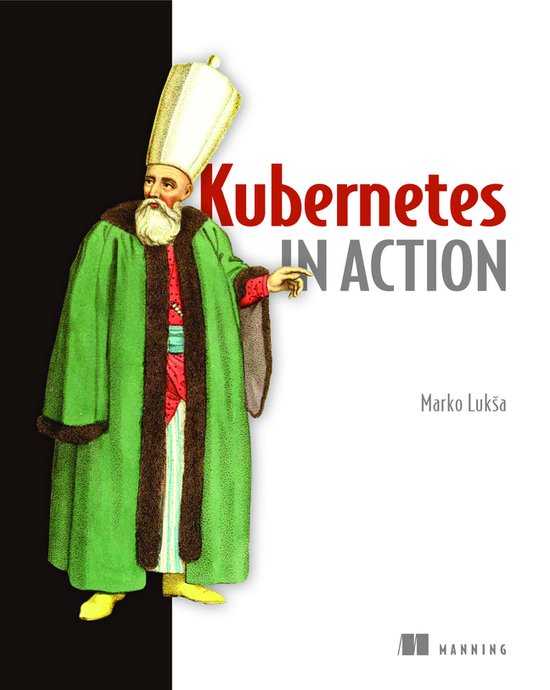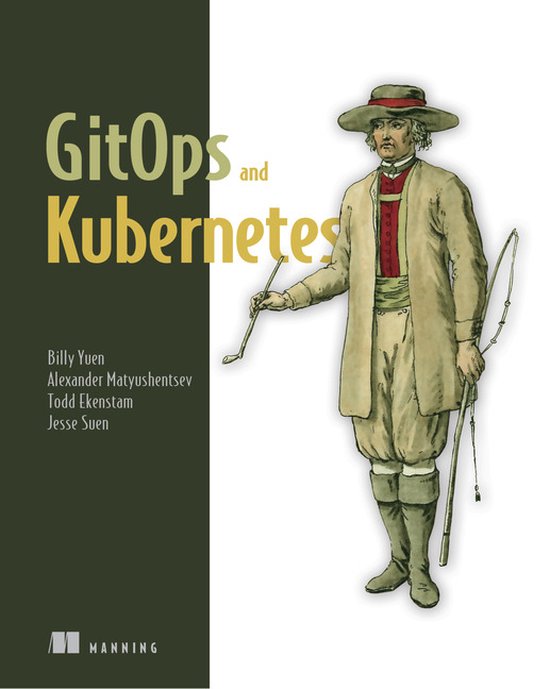
Securing Kubernetes Secrets
Securing Kubernetes Secrets is a compact hands-on guide to storing and protecting sensitive data in a Kubernetes environment. You'll learn a security-first mindset that is vital for storing and using secrets correctly, and tools and concepts that will help you manage sensitive assets such as certificates, keys, and key rotation.
Throughout, you'll tinker with relevant real-world examples. Protect secrets stored in a source code repository and consume them in a Kubernetes cluster, deploy HashiCorp Vault to secure Kubernetes's underlying infrastructure components and applications running on the platform, along with adding layers of security to maintain protection even in the event of a partial breach. By the time you're finished, you'll have a toolbox of techniques that you can apply both as a developer or operations professional.
Kubernetes secrets include small and sensitive data like passwords, tokens, and keys. The security defaults of Kubernetes are rarely enough to protect this valuable data, and can leave it—and you—exposed. In this book, you'll learn how to bake security into Kubernetes-based applications right from the start with security best practices and reliable third-party tools like HashiCorp Vault.
Safely store secret information like passwords, keys, and certificates in Kubernetes. In this practical guide, you'll discover methods for adding layers of security that will defend the critical data of your applications.
In Securing Kubernetes Secrets you will find:
Secrets, like database passwords and API keys, are some of the most important data in your application. Securing Kubernetes Secrets reveals how to store these sensitive assets in Kubernetes in a way that's protected against leaks and hacks. You'll learn about the default capabilities of Kubernetes secrets, where they're lacking, and alternative options to strengthen applications and infrastructure.
Kubernetes secrets include small and sensitive data like passwords, tokens, and keys. The security defaults of Kubernetes are rarely enough to protect this valuable data, and can leave it—and you—exposed. In this book, you'll learn how to bake security into Kubernetes-based applications right from the start with security best practices and reliable third-party tools like HashiCorp Vault
Throughout, you'll tinker with relevant real-world examples. Protect secrets stored in a source code repository and consume them in a Kubernetes cluster, deploy HashiCorp Vault to secure Kubernetes's underlying infrastructure components and applications running on the platform, along with adding layers of security to maintain protection even in the event of a partial breach. By the time you're finished, you'll have a toolbox of techniques that you can apply both as a developer or operations professional.
Kubernetes secrets include small and sensitive data like passwords, tokens, and keys. The security defaults of Kubernetes are rarely enough to protect this valuable data, and can leave it—and you—exposed. In this book, you'll learn how to bake security into Kubernetes-based applications right from the start with security best practices and reliable third-party tools like HashiCorp Vault.
Safely store secret information like passwords, keys, and certificates in Kubernetes. In this practical guide, you'll discover methods for adding layers of security that will defend the critical data of your applications.
In Securing Kubernetes Secrets you will find:
- Strategies for storing secure assets in Kubernetes
- Cryptographic options and how to apply them in Kubernetes
- Using the HashiCorp Vault server on Kubernetes for secure secrets storage
- Managing security with public cloud providers
- Applying security concepts using tools from the Kubernetes ecosystem
- End-to-end secrets storage from development to operations
- Implementing in Kubernetes in CI/CD systems
Secrets, like database passwords and API keys, are some of the most important data in your application. Securing Kubernetes Secrets reveals how to store these sensitive assets in Kubernetes in a way that's protected against leaks and hacks. You'll learn about the default capabilities of Kubernetes secrets, where they're lacking, and alternative options to strengthen applications and infrastructure.
Kubernetes secrets include small and sensitive data like passwords, tokens, and keys. The security defaults of Kubernetes are rarely enough to protect this valuable data, and can leave it—and you—exposed. In this book, you'll learn how to bake security into Kubernetes-based applications right from the start with security best practices and reliable third-party tools like HashiCorp Vault
| Auteur | | Alex Bueno |
| Taal | | Engels |
| Type | | Paperback |
| Categorie | | Computers & Informatica |





